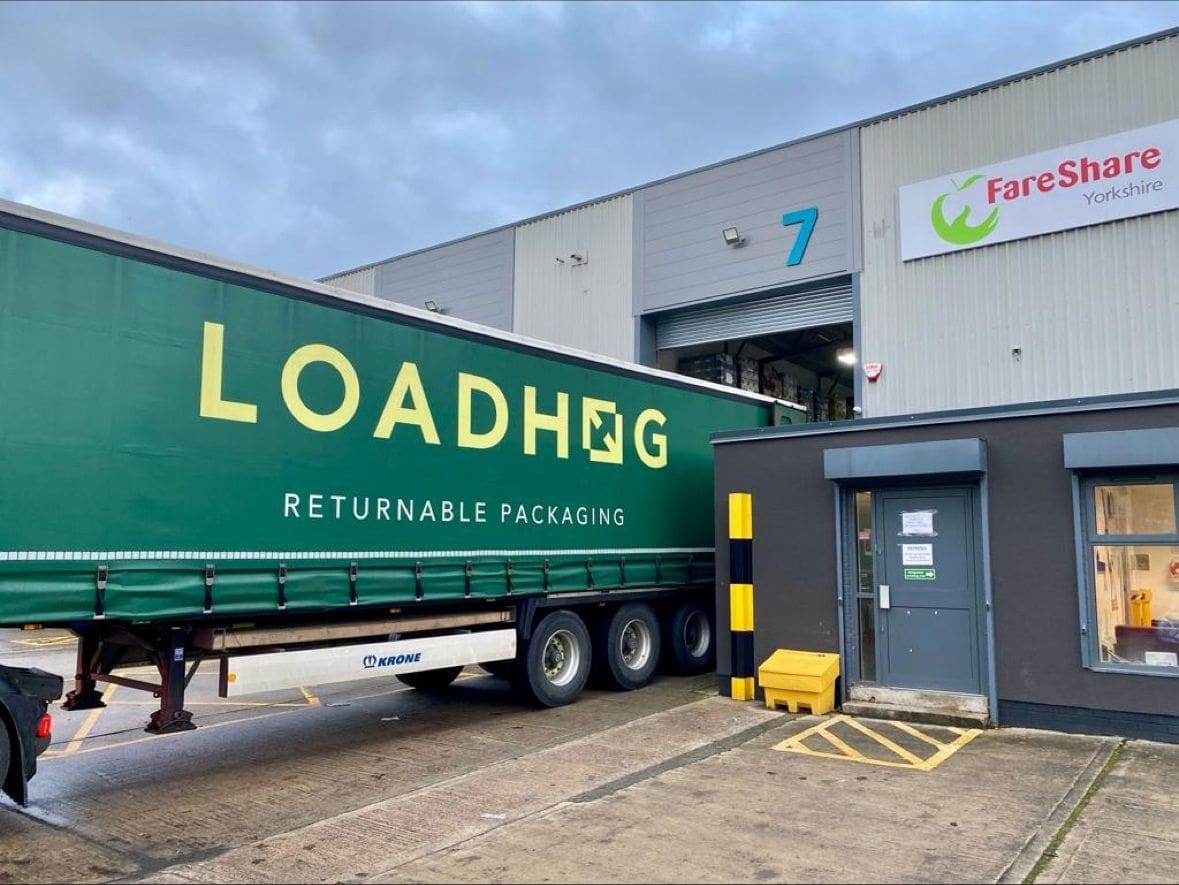We are contributing to SDG 15 – Life on Land
11th November 2022
Goal: Protect, restore, and promote sustainable use of terrestrial ecosystems, sustainably manage forests, combat desertification, and halt and reverse land degradation and halt biodiversity loss.
Agriculture is one of the most fundamental resources on the planet in terms of its economic benefits and means of development.
More than 30% of the earths surface is covered by forests, however almost 20,000 hectares of forests are being lost every day and the persistent degradation of drylands has led to desertification of almost 4 billion of hectares of land.
8% of animals on planet earth have become extinct and 22% face risk of extinction.
In order to prevent the loss of natural habitats and biodiversity, it is essential that deforestation is halted, and restoration of terrestrial ecosystems takes place. If no action is taken to protect natural habitats, biodiversity and prevent land degradation, we risk the future of our survival.
SDG 15.2 – End Deforestation and Restore Degraded Forests
By 2020, promote the implementation of sustainable management of all types of forests, halt deforestation, restore degraded forests and substantially increase afforestation and restoration globally. Loadhog protect one acre of the Peruvian Rainforest which stores 260 tons CO2e.
How we can help:
- Don’t shop for pets! Visit your local animal shelter and adopt an animal there – ‘adopt don’t shop’
- Recycle paper, glass, metal and old electronics.
- Clean local parks and forests. Organise your own or join an existing clean up event to sustain the ecosystem of your local green space. On the 16th of September eight Loadhog Employees spent the day cleaning the river Don as part of their community day. Similarly, two weeks prior five employees litter picked around the vicinity of Hawke Street as part of a community morning.
- Reduce your use of paper. Avoid printing and substitute it with electronic devices or carriers.
- Don’t buy products tested on animals. Check the labels on the products you buy.
- Composting food scraps can reduce climate impact while recycling nutrients.
- Don’t use pesticides. To protect and sustain the quality of soil, don’t use chemicals while growing plants.



